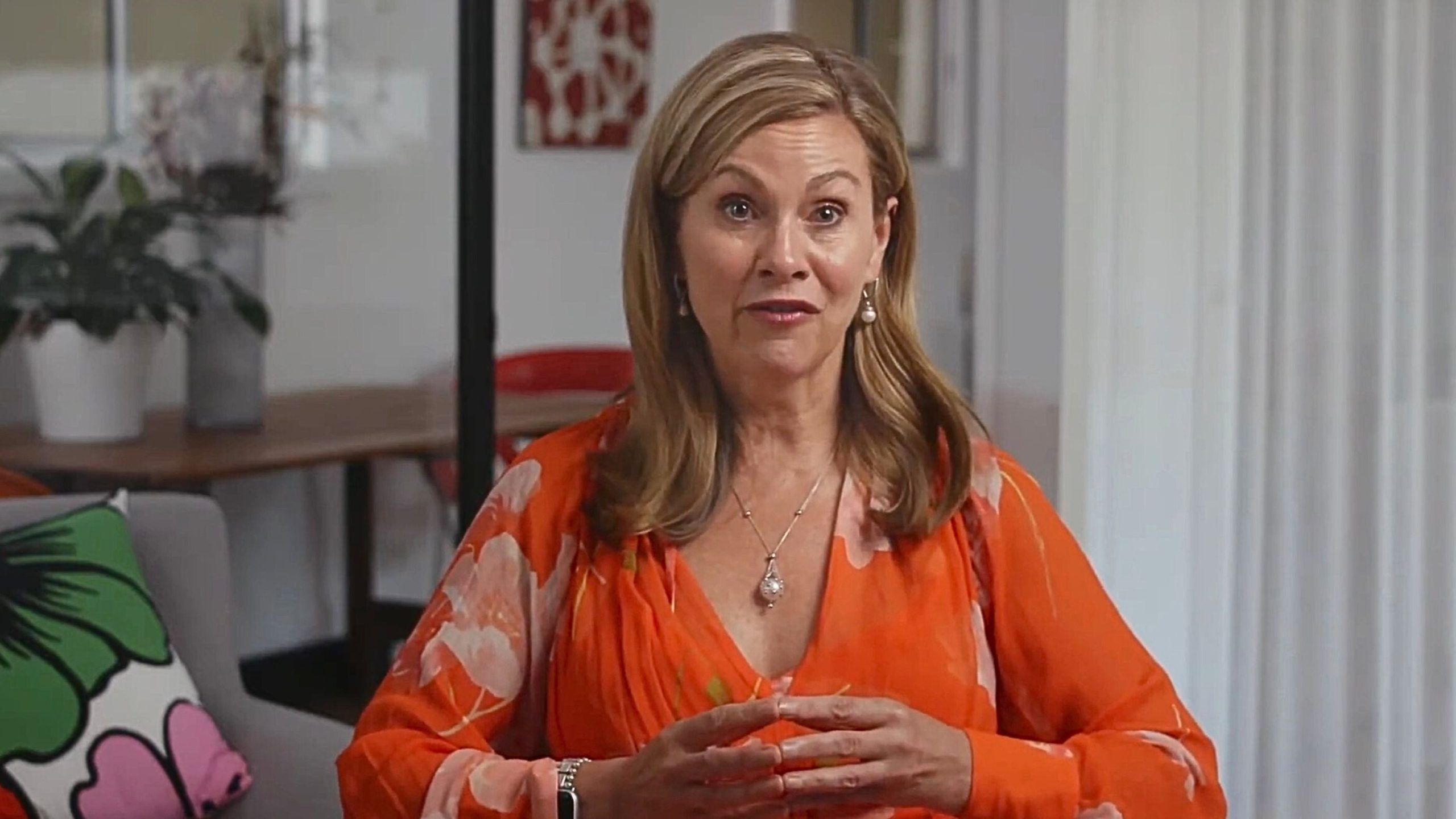Australia’s eSafety Commissioner, Julie Inman Grant, is now facing transnational political clash after the US House Judiciary Committee demanded she appear before Congress to explain her office’s global content takedown efforts.
The committee, chaired by Republican Jim Jordan, argues that Australia’s Online Safety Act (OSA) has evolved into what he called a “foreign censorship regime” with implications for American speech.
In a letter sent Tuesday, Jordan described Inman Grant as a “zealot” and accused her of pushing an “expansive interpretation” of the OSA that “directly threatens American speech.”
We obtained a copy of the letter for you here.
He warned that her efforts to enforce content removals beyond Australia’s borders amount to an assertion of jurisdiction over foreign citizens and platforms.
The committee has asked her to testify “as soon as possible, but no later than 10am ET on December 2, 2025,” though she has not confirmed whether she will attend.
Jordan’s letter forms part of a broader congressional inquiry into how foreign governments may be influencing what Americans can post or view online.
“As a primary enforcer of Australia’s OSA and noted zealot for global take-downs, you are uniquely positioned to provide information about the law’s free speech implications,” the committee wrote, backing up its view that Australia’s policies could serve as a model for wider restrictions on online discourse.
Central to the dispute is eSafety’s clash earlier this year with Elon Musk’s social media company, X. The regulator sought the global deletion of about 65 clips showing the stabbing of Bishop Mar Mari Emmanuel in Western Sydney, a video that the Bishop himself did not want to be censored.
X refused the Australian demands, arguing that it had already complied with Australian law by geoblocking the videos domestically.
The letter noted that eSafety had deemed this inadequate because “Australians could use VPNs to access the content.” Jordan drew parallels between this approach and that of Brazil, cautioning that it “set the precedent that other governments may do the same.”
VPNs, or virtual private networks, allow users to mask their location and bypass national restrictions, a fact that has made them a recurring point of tension between regulators and free speech advocates.
After the failed legal challenge against X, eSafety has since adopted a less aggressive stance.
Jordan’s correspondence also accused Inman Grant of having “colluded” with “pro-censorship entities” during her recent US visit, highlighting her keynote appearance at Stanford University in September.
The committee alleged that the event “sought to facilitate cooperation with global censorship by bringing together foreign officials who have directly targeted American speech.”
It also referred to previous findings that the Stanford Internet Observatory had “played a key role” in assisting US agencies to “covertly silence American voices to influence the 2020 US presidential election.”
For her part, Inman Grant has maintained that her office operates strictly within the law passed by Australia’s Parliament.
When asked about the congressional summons, she said, “I’m answerable to the communications minister here and to the Australian parliament, and not to the US Congress.”
Her office also confirmed that the commissioner is reviewing the congressional request “in the context of eSafety’s current priorities,” including the upcoming rollout of Australia’s online ID age verification law, scheduled to take effect December 10, for which her agency will have enforcement duties.
The committee’s intervention shows the growing unease in Washington about what lawmakers view as digital extraterritoriality, the notion that foreign regulators could shape what Americans are allowed to see online.
If global takedown orders become normalized, every government could one day decide not just what its citizens can read or share, but what the world can.










